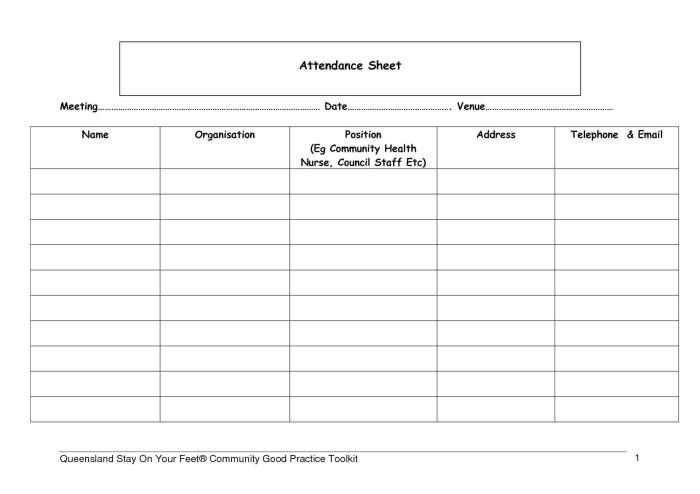The nursing assistant in long term care workbook answers – The Nursing Assistant in Long-Term Care Workbook Answers provides a comprehensive guide to the essential knowledge and skills required for nursing assistants working in long-term care facilities. This invaluable resource covers a wide range of topics, from the role of nursing assistants and effective communication to resident assessment and care planning, activities of daily living, infection control, documentation, collaboration, legal and ethical considerations, and continuing education.
Throughout the workbook, nursing assistants will find clear explanations, practical examples, and helpful tips to enhance their understanding and performance. The content is presented in a logical and easy-to-follow manner, making it an indispensable tool for both new and experienced nursing assistants.
1. Role of Nursing Assistants in Long-Term Care
Nursing assistants play a crucial role in providing compassionate and quality care to elderly residents in long-term care facilities. Their responsibilities include assisting with personal hygiene, medication administration, and social activities, ensuring the well-being and comfort of residents.
2. Communication and Interpersonal Skills
Effective communication is paramount in providing quality care. Nursing assistants must possess strong communication skills to interact with residents, families, and healthcare professionals. They must maintain confidentiality and respect residents’ privacy, adhering to ethical and legal guidelines.
3. Resident Assessment and Care Planning
Nursing assistants conduct resident assessments to gather information about their physical, cognitive, and emotional needs. They develop individualized care plans in collaboration with residents and families, ensuring that care is tailored to specific needs.
4. Activities of Daily Living (ADLs)

Nursing assistants assist residents with various ADLs, such as bathing, dressing, toileting, and feeding. They use techniques and equipment to promote residents’ independence and dignity while observing for changes in functional abilities and reporting concerns.
5. Infection Control and Prevention

Nursing assistants play a vital role in infection control in long-term care facilities. They adhere to principles and practices, including hand hygiene, proper use of PPE, and environmental cleaning, to prevent the spread of infections.
6. Documentation and Reporting
Accurate and timely documentation is essential in long-term care. Nursing assistants document resident assessments, care plans, progress notes, and incident reports, using electronic health records (EHRs) for efficient and effective documentation.
7. Collaboration and Teamwork
Collaboration among nursing assistants, nurses, and other healthcare professionals is crucial for resident care. Effective communication and coordination of care within the interdisciplinary team improve resident outcomes and enhance the work environment.
8. Legal and Ethical Considerations: The Nursing Assistant In Long Term Care Workbook Answers

Nursing assistants have legal and ethical responsibilities in long-term care. They must respect residents’ rights, maintain confidentiality, and prevent abuse and neglect, navigating ethical dilemmas appropriately.
9. Continuing Education and Professional Development
Continuing education and professional development are essential for nursing assistants. They can enhance their knowledge and skills through workshops, conferences, and online courses, contributing to their professional growth and the quality of care provided.
Common Queries
What are the primary responsibilities of nursing assistants in long-term care facilities?
Nursing assistants in long-term care facilities provide essential care to elderly residents, including assisting with personal hygiene, medication administration, social activities, and other daily tasks.
How can nursing assistants improve their communication skills?
Nursing assistants can enhance their communication skills by actively listening, using clear and respectful language, and maintaining confidentiality.
What is the importance of resident assessment and care planning?
Resident assessment and care planning are crucial for developing individualized care plans that meet the specific needs of each resident, ensuring their well-being and quality of life.
What are the key principles of infection control in long-term care facilities?
Infection control in long-term care facilities involves maintaining a clean and hygienic environment, practicing proper hand hygiene, and using personal protective equipment to prevent the spread of infections.
Why is continuing education important for nursing assistants?
Continuing education allows nursing assistants to stay up-to-date on best practices, enhance their knowledge and skills, and maintain their professional competence.